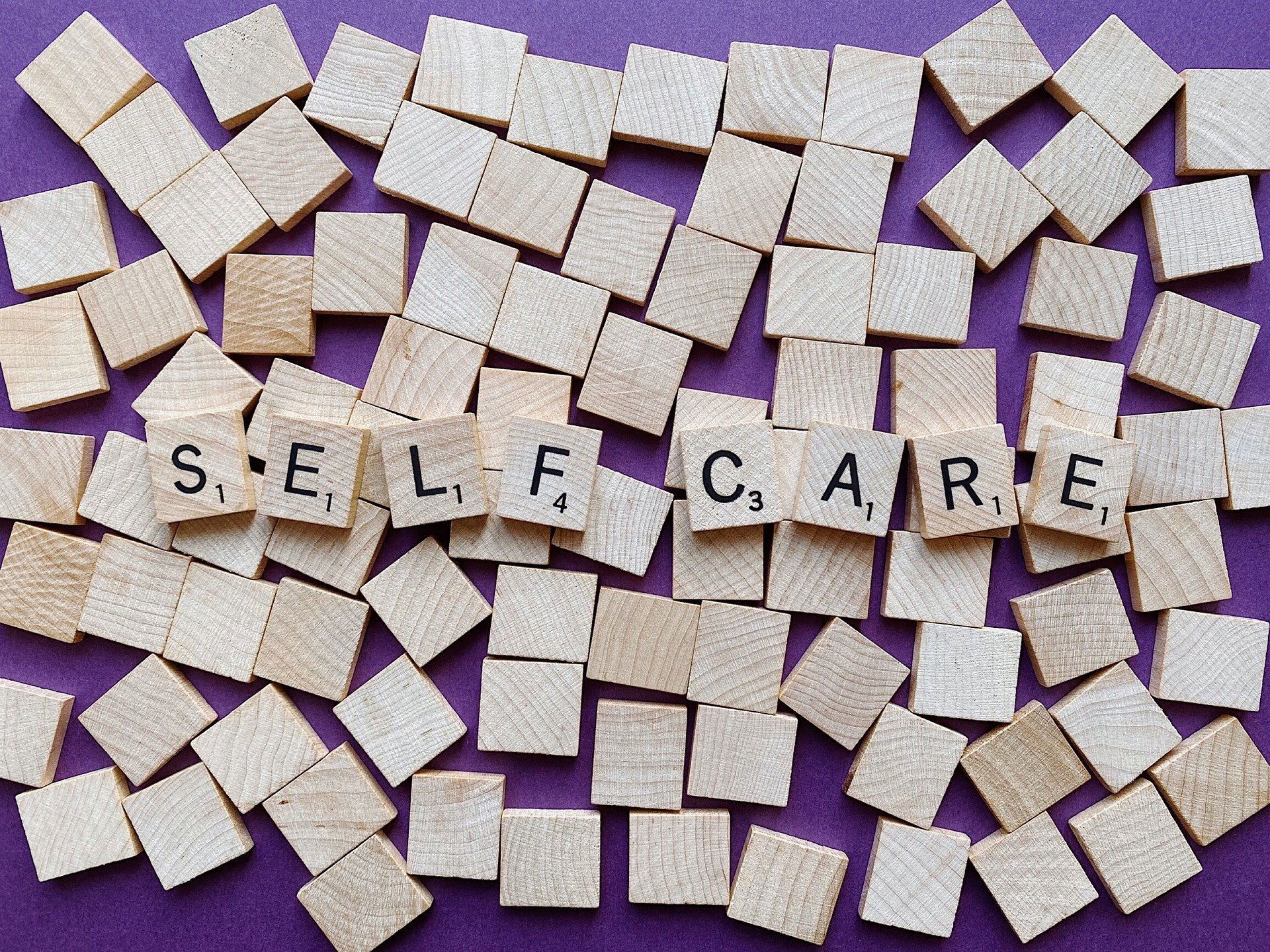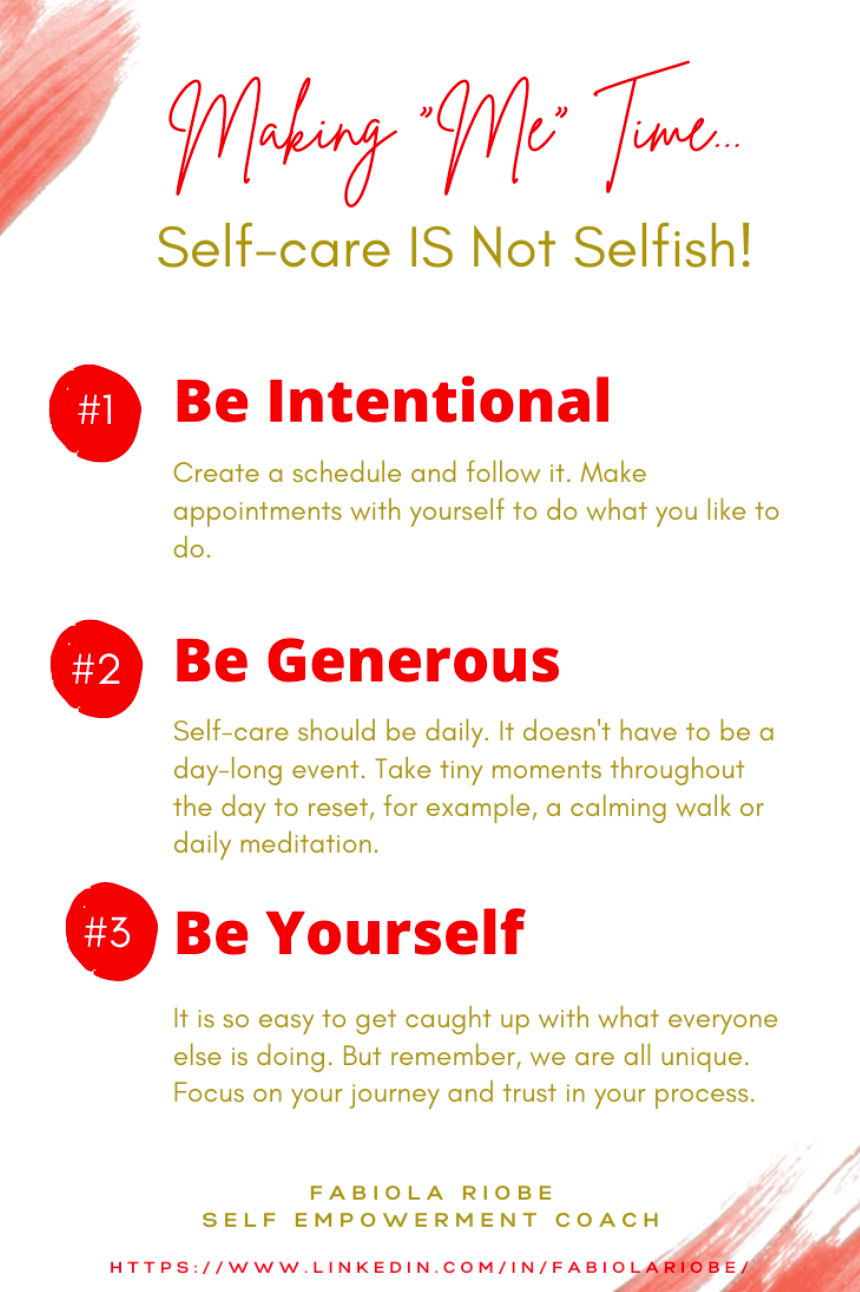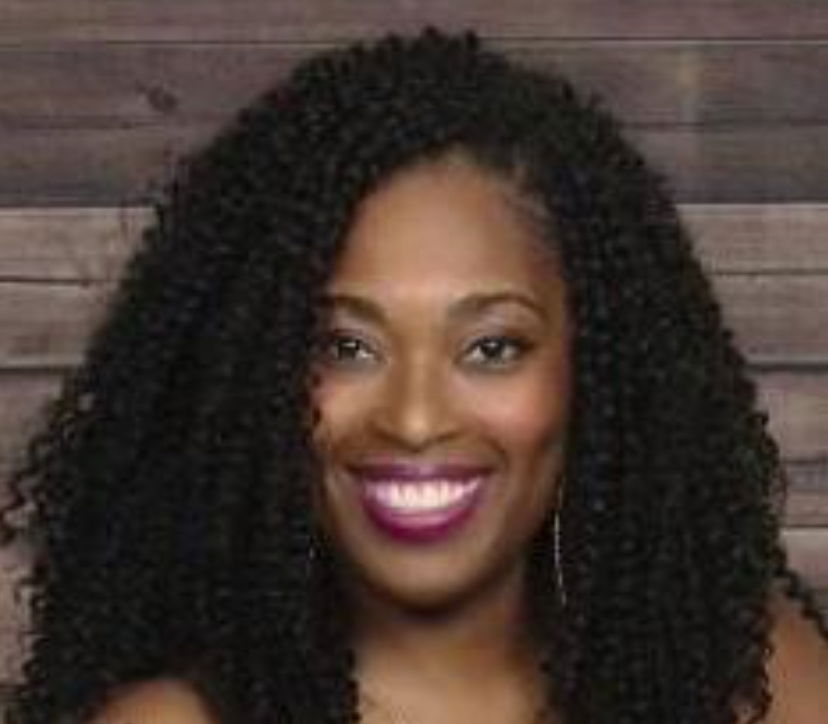Fabiola Riobe

Self-Care Isn't Selfish!
How Professors Can Manage Their Increasingly Changing Roles
in the Education Process
Fall 2022
"Je pense, donc je suis", (René Descartes & Barthélemy-Madaule, 1959). I think, therefore, I am. This direct translation of Descartes's philosophy is one that resonates with me. Following this philosophy, one deems teaching and learning as a natural exchange - we are always either in a position to teach or learn. The roles are not mutually exclusive; instead, it is a fluid dance where each partner flows in and out of taking the lead. So how do we measure each partner's effectiveness in mastering this dance?
Institutions have taken on a more significant role in meeting student needs holistically. For example: providing student services that go beyond the classroom. Perhaps this may be detrimental to the part that students are taking in their educational journey.
Over the past months, I have observed an overarching theme of student real-world readiness at my institution. From technology training, student support services, public safety, etc., everyone has an articulated role in facilitating a Guided Pathway that gets students real-world ready, except for the student. This makes me question. Should we not teach our students to "ask and verify?" Neil deGrasse Tyson said it best, "There is no greater education than one that is self-driven."
The monumental changes in the role of teachers caused by the global pandemic of the COVID-19 virus have also triggered concerns in our education system's values. The question of teachers being glorified babysitters and school buildings doubling up as daycares has flooded the headlines. Teachers' expectations range from servings as a content expert, tech support to the caregiver, and even serving food. Where exactly is the line drawn, or where do all stakeholders' expectations rise to help support the pedagogical ecosystem?
"Iron sharpens iron." (Proverb-27:17). In the teaching and learning context, I use this to maintain that students also have to be held accountable in their educational journey. Students have to do their part in their education process. Showing up to class is simply not going to be enough. Before engaging with the teacher, there has to be a process that prepares the student to be present and fully engaged. Unfortunately, my observation is that while the expectations of faculty have risen––student accountability is declining.
"You can't pour from an empty cup." With the greatest urgency, I encourage my fellow educators to take the necessary steps to ensure that they can keep up with the growing demands being placed on them. Self-care is not only a recommendation; it is a need, same as food, shelter, or water. I have outlined three effortless steps that teachers can use to guide their self-care process.
- Be Intentional. Create a schedule and follow it. Make appointments with yourself to do what you like to do.
- Be Generous. Self-care should be daily. It doesn’t have to be a day-long event.
- Be Yourself. Focus on yourself and your own journey.

References
René Descartes, & Barthélemy-Madaule, M. (1959). Discours de la méthode pour bien conduiresa raison et chercher la vérité dans les sciences. Armand Colin.
Proverbs 27:17 As iron sharpens iron, so one man sharpens another. (2019). Biblehub.com.https://biblehub.com/proverbs/27-17.htm
Daily Dose Of Motivation. (2021). There is no greater education than one that is self-driven | Neil Degrasse Motivation 2021 [YouTube Video]. In YouTube. https://www.youtube.com/watch?v=9IMV9bJfrNA
Fabiola Riobe
Associate Provost of Academic Innovation, Online Education and Global Opportunities
fabiola.riobe@sunyrockland.edu

